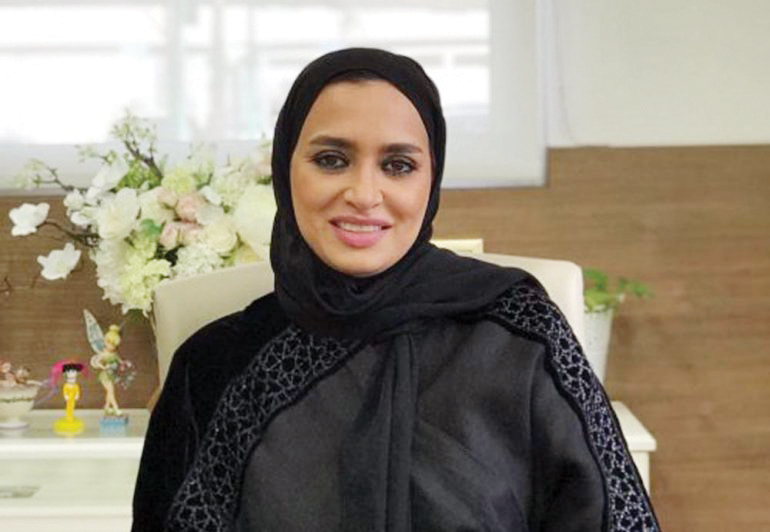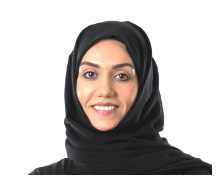
Dr Barbro Friden
Doha: In Qatar, the role of women’s participation as leaders plays an important part in improving the healthcare system. They also play a full role in shaping the pivotal decisions being made right now as the country respond to and recover from the COVID-19 pandemic.
As International Women’s Day is marked today under the theme, ‘Women in leadership: Achieving an equal future in a COVID-19 world,’ The Peninsula spoke to several women leaders in healthcare.
Qatar has been proactive in having women leaders in healthcare, said Medical Director of the Communicable Diseases Center of Hamad Medical Corporation (HMC), Dr. Muna Al Maslamani.
Dr. Muna who is an example of ‘Women in leadership: Achieving an equal future in a COVID-19 world,’ said it was equally important for women to have the passion and community empowerment with courageous leadership in the country.

Dr. Muna Al Maslamani
“Qatar has a leadership that places their confidence in women, which was proactive in appointing women ministers and leaders. The former Minister of Education, H E Sheikha Al Mahmoud — may God have mercy on her — is the first Qatari female minister. Over the years, Qatar has had several women ministers and women in leadership positions in different fields including education and health,” said Dr Muna.
Dr Muna emphasised that the times of COVID-19 have shed light greatly on the role of women in the health sector in the country.
“At present we have Minister of Public Health H E Dr Hanan Al Kuwari who leads the health sector. There is great confidence granted to us by the leadership, and there is tireless work done by the Supreme Committee for Crises and Disasters which is lead by H E Lolwah Al Khater. They are women leaders with competence and wisdom,” said Dr. Muna. She also highlighted that, not just in leadership positions but across the health sector women physicians, healthcare workers and others such as in administration play a major role in implementation of the state’s healthcare policy.
Dr. Barbro Fridén, the first woman CEO of Sidra Medicine, said that the institution represents diversity and inclusiveness with 50 percent of staff being women from diverse walks in life and with tremendous capabilities.
“Today I applaud every woman across the world who has made medicine, and their dedication to population healthcare a vocation. From the pioneering Madame Curie, Florence Nightingale, Merit-Ptah — the ancient Egyptian healer, to Rufaida Al Aslamia, known as the first female surgeon in Islamic history, women have contributed greatly to medicine and helped millions of people have better lives. As Sidra Medicine’s first female CEO, I am, with my colleagues both men and women proud to be part of an institution that dedicates its services and abilities to the betterment of health for women and children,” she said.
“When I chose to study medicine, I did it with a singular purpose to change and improve the lives of people, and I know many of my women colleagues did it for similar reasons. I hope that the path breaking work they do will continue to inspire young women in Qatar to pick healthcare as a vocation,” she added.

Dr. Alanoud Al Ansari
The Division Chief of Adolescent Medicine, Sidra Medicine, Dr. Alanoud Al Ansari, said H H Sheikha Moza is a role model for all Qatari women to demonstrate great capabilities to be leaders in all fields and more prominently in healthcare and education.
“The healthcare sector in Qatar is filled with great examples of women leaders who were active change agents and helped establish many of the current innovations in the sector. They played a critical role in setting up policies, strategies and have also shown exemplary effort in leading the fight against the COVID-19 pandemic,” said Dr. Alanoud.
“With access to world-class education in Qatar, I am positive that more women will be able to further impact transformative efforts in healthcare and be a driving force in achieving the Qatar National Vision 2030. Being in a leadership position, gives me a sense of pride and a responsibility to pave the way for others across all healthcare divisions to continue the journey,” she added.








